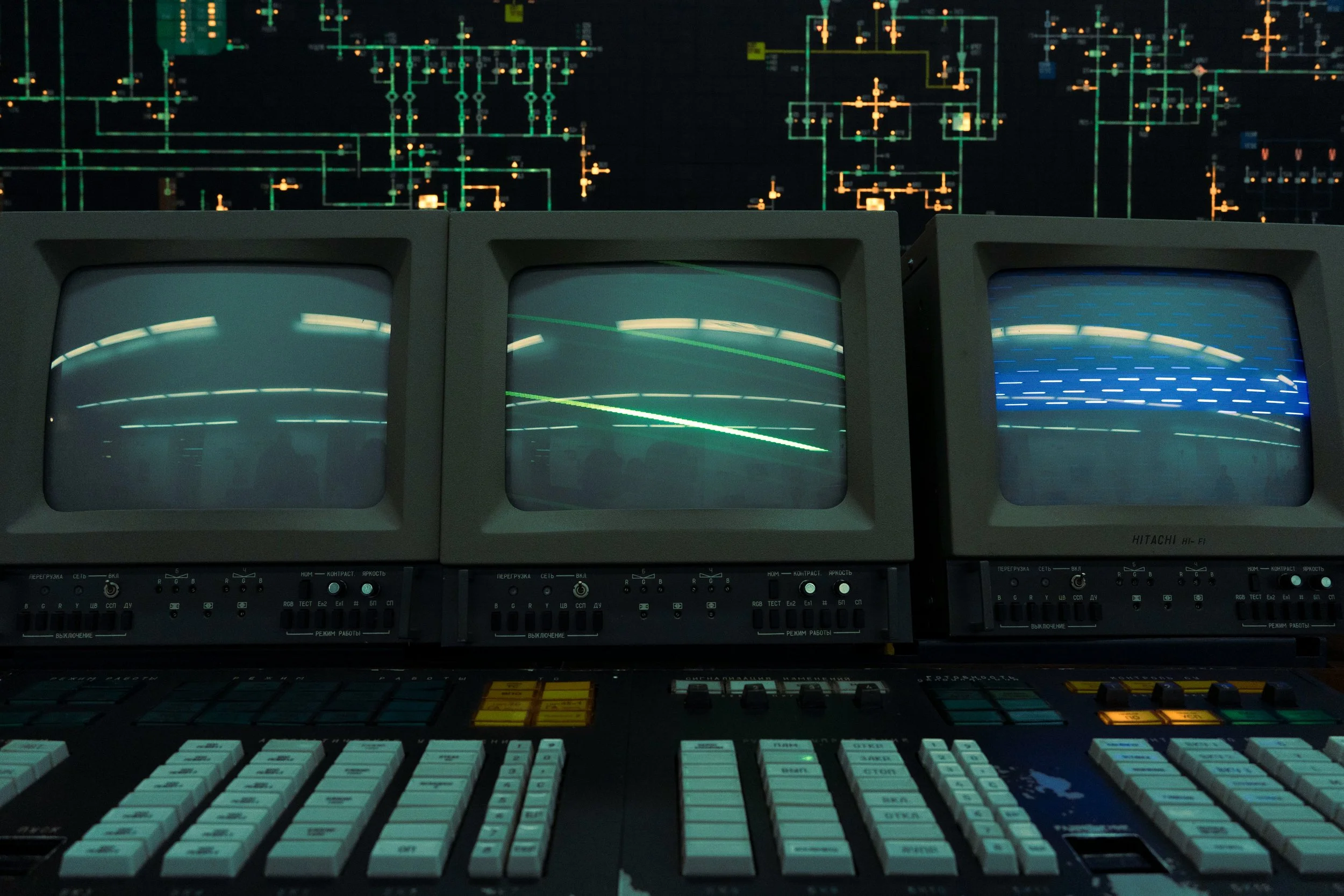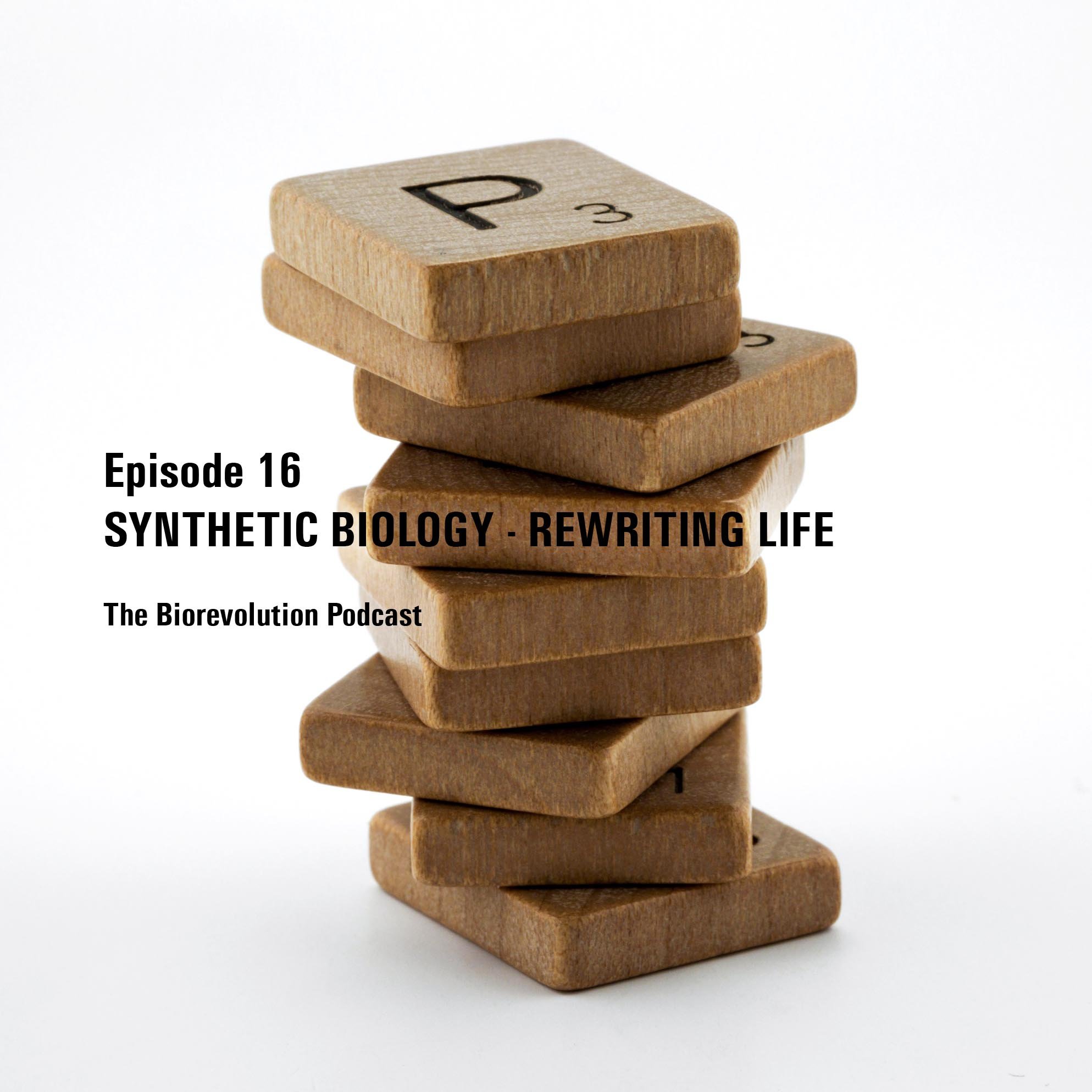In episode 28 of the biorevolution podcast Andreas Horchler and Louise von Stechow talk about the science communication. Scientists often need to get our message out, during a pitch, a presentation at a scientific conference or in a grant application. To engage your audience, scientists can take a lead from the story telling principles used in fiction. In this episode we discuss story telling techniques drawing on sources such as Lisa Crohn’s story genius and Ted talks and translate those to scientific communication.
Epsiode 27: AI in drug development – Expanding the option space
In episode 27 of We’re doomed, We’re saved , the bio revolution podcast Andreas Horchler and Louise von Stechow talk about the potential of Artificial Intelligence (AI) in drug discovery and development. The pharma industry is struggling with high development costs and failure rates. Can AI help to overcome those challenges, and what is hype and what is reality?
Epsiode 26: The future of medicine - trends, technologies and skills
In episode 26 of We’re doomed we’re saved we talk about the future trends in medicine, such as technologization, virtualization, predictive orientation and patient centration. These trends are corroborated by new technologies, such as artificial intelligence (AI), telemedicine, wearable devices and smart sensors.
Listen to We're doomed, We're saved, the bio revolution podcast with Andreas Horchler and Louise von Stechow here.
Epsiode 25: 1.5 years of LLMs - hope, hype and hallucination
Epsiode 24: Artificial intelligence - hope for rare desease patients?
Rare or orphan diseases affect only a small percentage of the population and often lack effective treatments. While rare individually, in total, more than 350 million people worldwide live with rare diseases. Many of these are very hard to diagnose, let alone cure, and the rarity of patients challenges the development of novel treatments.
To make the development of drugs for rare diseases more efficient and successful, artificial intelligence (AI) could be an important ally not only for drug makers but also for patients.
Epsiode 23: New biotechnologies: revolution or evolution?
A revolution driven by novel biotechnologies (gene editing, neuroprosthetics, synthetic biology, and artificial intelligence in biotech) has the potential to not only change the way we live but the very foundations of our lives – our biology.
But is the so-called biorevolution a real "scientific revolution"?
In the new episode of "We're Doomed, We're Saved," Andreas Horchler and Louise von Stechow look at the biorevolution from different angles, examining its transformative potential and comparing it to revolutions that came before.
Epsiode 16: Synthetic Biology - Rewriting Life
Synthetic biology - the artificial creation of biological molecules, cells, and even organisms - has the potential to revolutionize biotechnology and agriculture, allowing for the creation of novel biomaterials and fuels, opening new opportunities for DNA-based information storage and computation, and even aiding in the exploration and colonization of space. The first synthetic bacterium was created about ten years ago, and since then, the technologies supporting synthetic biology have become faster, cheaper, and more innovative. With the assistance of artificial intelligence, synthetic biology could unlock vast potential, recognized by various industries. Synthetic biology could also enable bad actors to create harmful microbes.
In the 16th episode of "We're Doomed We're Saved," Andreas Horchler and Louise von Stechow discuss the potential, risks, and some fascinating applications of synthetic biology.
Content and Editing: Louise von Stechow and Andreas Horchler
Disclaimer: Louise von Stechow, Andreas Horchler and their guests express their personal opinions, which are founded on research on the respective topics, but do not claim to give medical, investment or even life advice in the podcast.
Image: Brett Jorden- via Unsplash
Inhalt und Bearbeitung: Louise von Stechow und Andreas Horchler
Bild: via unsplash
Epsiode 9: ChatGPT - The rise of the chatbots
ChatGPT, das Large Language Model von OpenAI ist in aller Munde. Von Untergangsszenarien in denen der Mensch und seine Arbeitsleistung als obsolet erklärt werden, über Lehrende, die sich fragen, wie sie Seminararbeiten bewerten sollen, bis hin zur Frage menschlicher und maschineller Kreativität – ChatGPT bewegt uns alle.
In der neuen Folge von We’re doomed we’re saved besprechen Louise von Stechow und Andreas Horchler welche Auswirkungen ChatGPT und andere Large Language Modelle für den Gesundheit Sektor und die Biotech und Pharma Industrie haben könnten und ob sie gar dabei helfen können den Code des Lebens zu verstehen oder sogar umzuschreiben.
Unterstützt werden sie dabei zum ersten Mal von einem Gast, Paul von Bünau, Mathematiker und Gründer der Firma idalab, die sich auf künstliche Intelligenzlösungen für die Biotech Industrie spezialisiert.
Inhalt und Bearbeitung: Louise von Stechow und Andreas Horchler
Bild: via unsplash
Epsiode 7: Künstliche Intelligenz – Der vorhersagbare Mensch
Künstliche Intelligenz könnte dabei helfen, Krankheiten zu erkennen und zu heilen, Ärzten eine schnellere oder genauere Diagnose ermöglichen, und den Prozess der Arzneimittelentwicklung effizienter, kostengünstiger und erfolgreicher machen.
Gleichzeitig wirft die Verwendung von Künstlicher Intelligenz im medizinischen Bereich schwierige ethische Fragen auf. Algorithmen, die Parameter wie elektronische Patientenakten, genetische Analysen oder Marker psychiatrischer Erkrankungen zur Vorhersage menschlicher Gesundheit nutzen könnten inhärente Bias kodieren und für unethische Fragestellungen verwendet werden.
In Folge 7 von We’re doomed, we’re saved besprechen Louise von Stechow und Andreas Horchler die positiven und negativen Aspekte von Künstlicher Intelligenz im Bereich der Medizin und Pharmazeutischen Industrie.
Inhalt und Bearbeitung: Louise von Stechow und Andreas Horchler
Bild: via unsplash













